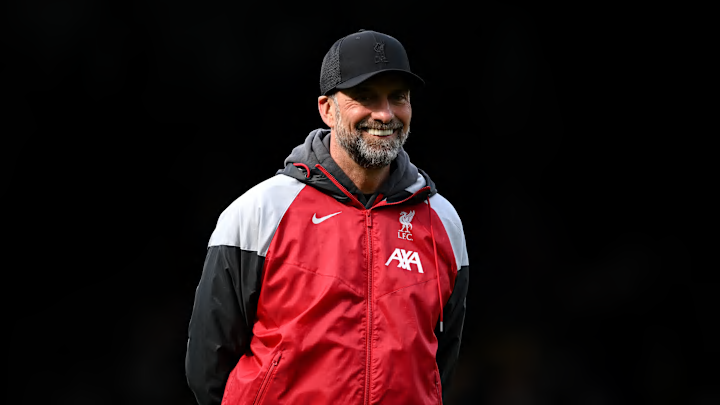After nearly nine years of dedication and success at the helm of the Reds, Klopp will leave an indelible legacy but also a monumental task for his successors: to keep Liverpool competitive at both national and international levels. With the search for a new coach already underway, the spotlight turns to Arne Slot, currently at Feyenoord, as one of the leading candidates. But does Slot have what it takes to lead Liverpool into a new era of challenges and opportunities?
Arne Slot emerges as a promising name to take the reins at Liverpool, bringing with him an attacking style of play and a tactical approach based on the 4-3-3 system, highly valued in Dutch soccer. His ability to work with young talents and his meteoric rise in the European scene make him an attractive choice for the club's management at Anfield Road.
Follow The Top Flight on X (Twitter).
Slot's recent track record, although impressive, still lacks experience in dealing with the pressure and expectations that come with leading an elite club in the Premier League and the Champions League. His ability to adapt his playing style to the competitive context of English soccer and to handle the constant scrutiny from the press and fans will be tested like never before. Additionally, the need to manage a squad full of stars and maintain group cohesion amidst potential player changes and injuries will present additional challenges.
It must be recognized that the choice of Liverpool's next coach is not solely about Arne Slot. Other names, such as Rúben Amorim and Roberto De Zerbi, are also being considered, each with their own qualities and experiences. For instance, Amorim has impressed at Sporting, while De Zerbi has gained admirers with his work at Brighton. The final decision will rest with the club's management, led by Michael Edwards and Richard Hughes, who face the difficult task of balancing Liverpool's long-term aspirations with the immediate demands for success.
Regardless of who is chosen, it is crucial that Liverpool seize this transition as an opportunity to reinvent itself and establish itself as a powerhouse in European soccer. Klopp's departure marks the end of a glorious era but also the beginning of a new era full of possibilities. The next coach will have the responsibility not only to continue Klopp's legacy but also to shape a distinct identity for Liverpool.
